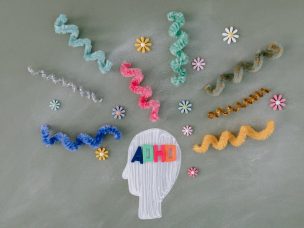New evidence shows that stimulants have sensitization effects on the brain. These effects have been shown to result in neurophysiological changes to the brain’s reward system, some of which could be long-lasting. This study, published in Neuroscience & Biobehavioral Reviews, reviews the risk for substance abuse and the development of substance use disorder (SUD) in people with ADHD.
The review explains how the brain reward system’s responsiveness to stimulants is a key feature of ADHD and stimulant use disorder. Moreover, some people with ADHD who also have risk factors for substance abuse, such as a personal history of conduct disorder or a family history of a substance use disorder, may be at higher risk for developing stimulant sensitization and a substance use disorder.
Finally, the review notes that despite these concerning findings, there are no studies in the medical literature to date that question if sensitization should be considered when exposing youth to ADHD stimulant medication. As this research area grows in the coming years, it will likely help healthcare providers optimize ADHD treatment strategies for youth with risk factors for substance abuse [1].
Source:
[1] Ivanov, I., Bjork, J. M., Blair, J., & Newcorn, J. H. (2022). Sensitization-based risk for substance abuse in vulnerable individuals with ADHD: review and re-examination of evidence. Neuroscience & Biobehavioral Reviews, 135, 104575. https://doi.org/10.1016/j.neubiorev.2022.104575










